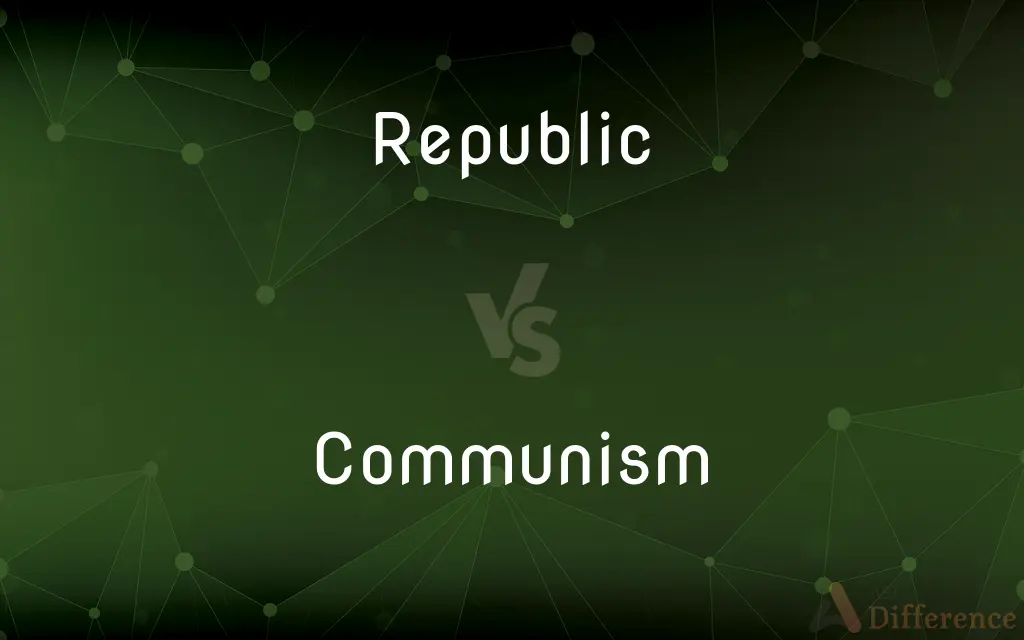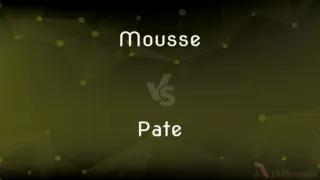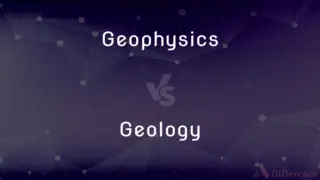Republic vs. Communism — What's the Difference?

Difference Between Republic and Communism
ADVERTISEMENT
Compare with Definitions
Republic
A republic (Latin: res publica, meaning "public affair") is a form of government in which "power is held by the people and their elected representatives". In republics, the country is considered a "public matter", not the private concern or property of the rulers.
Communism
Communism (from Latin communis, 'common, universal') is a philosophical, social, political, and economic ideology and movement whose ultimate goal is the establishment of a communist society, namely a socioeconomic order structured upon the ideas of common ownership of the means of production and the absence of social classes, money, and, in some cases, the state. As such, communism is a specific form of socialism.
Republic
A state in which supreme power is held by the people and their elected representatives, and which has an elected or nominated president rather than a monarch.
Communism
A theoretical economic system characterized by the collective ownership of property and by the organization of labor for the common advantage of all members.
Republic
A political order whose head of state is not a monarch and in modern times is usually a president.
ADVERTISEMENT
Communism
A system of government in which the state plans and controls the economy and a single, often authoritarian party holds power, claiming to make progress toward a higher social order in which all goods are equally shared by the people.
Republic
A nation that has such a political order.
Communism
The Marxist-Leninist doctrine advocating revolution to overthrow the capitalist system and establish a dictatorship of the proletariat that will eventually evolve into a perfectly egalitarian and communal society.
Republic
A political order in which the supreme power lies in a body of citizens who are entitled to vote for officers and representatives responsible to them.
Communism
Any far-left political ideology or philosophy advocating holding the production of resources collectively, especially by seizing it through revolution.
Republic
A nation that has such a political order.
Communism
Any political social system that implements a communist political philosophy.
Republic
Often Republic A specific republican government of a nation
The Fourth Republic of France.
Communism
The international socialist society where classes, money, and the state no longer exist.
Republic
An autonomous or partially autonomous political and territorial unit belonging to a sovereign federation.
Communism
A scheme of equalizing the social conditions of life; specifically, a scheme which contemplates the abolition of inequalities in the possession of property, as by distributing all wealth equally to all, or by holding all wealth in common for the equal use and advantage of all.
Republic
A group of people working as equals in the same sphere or field
The republic of letters.
Communism
A form of socialism that abolishes private ownership
Republic
A state where sovereignty rests with the people or their representatives, rather than with a monarch or emperor; a country with no monarchy.
The United States is a republic; the United Kingdom of Great Britain and Northern Ireland is a constitutional monarchy.
Communism
A political theory favoring collectivism in a classless society
Republic
(archaic) A state, which may or may not be a monarchy, in which the executive and legislative branches of government are separate.
Republic
One of the subdivisions constituting Russia. See oblast.
The Republic of Udmurtia is west of the Permian Oblast.
Republic
Common weal.
Republic
A state in which the sovereign power resides in the whole body of the people, and is exercised by representatives elected by them; a commonwealth. Cf. Democracy, 2.
Republic
A political system in which the supreme power lies in a body of citizens who can elect people to represent them
Republic
A form of government whose head of state is not a monarch;
The head of state in a republic is usually a president
Share Your Discovery

Previous Comparison
Mousse vs. Pate
Next Comparison
Geophysics vs. Geology













































